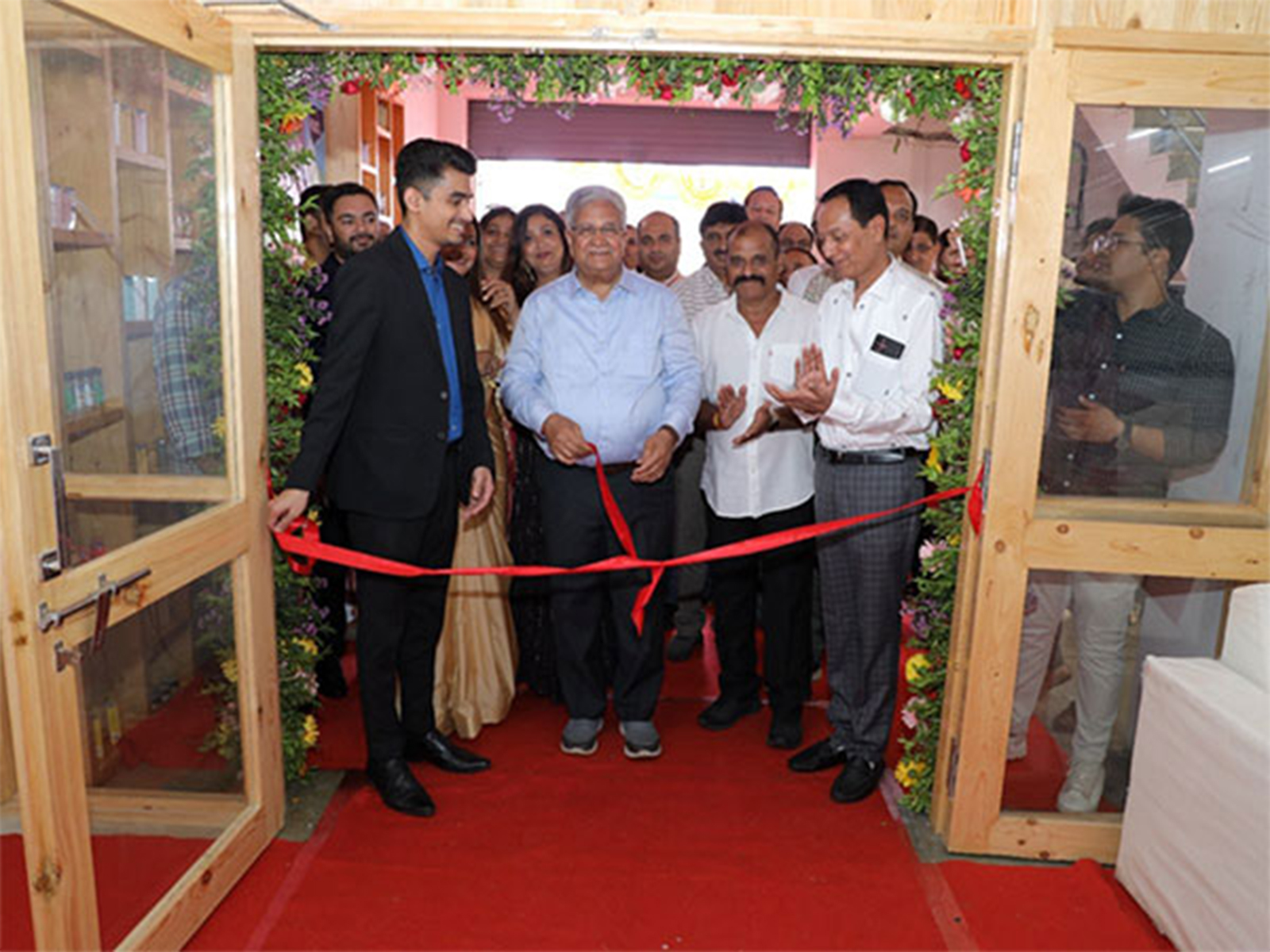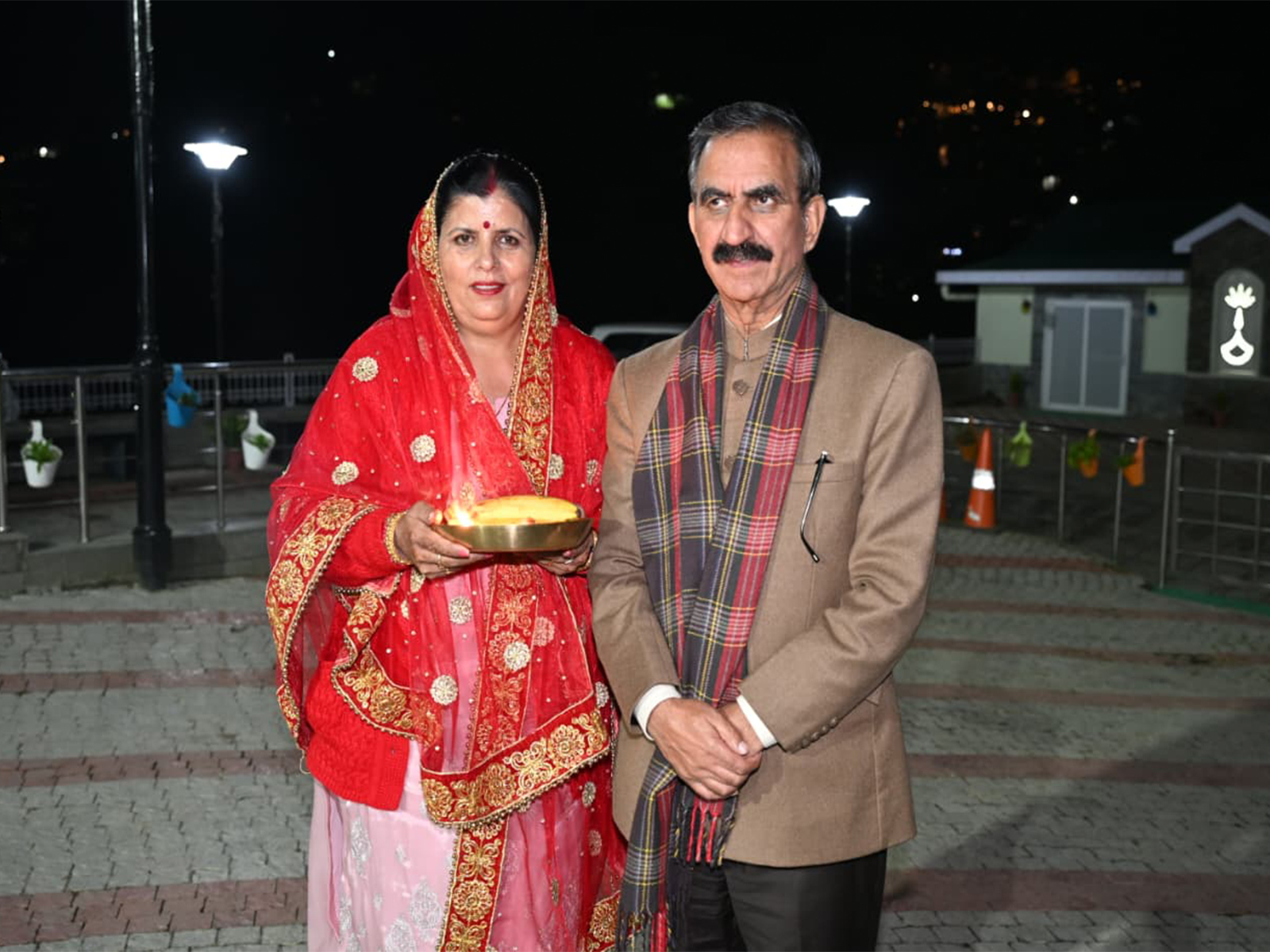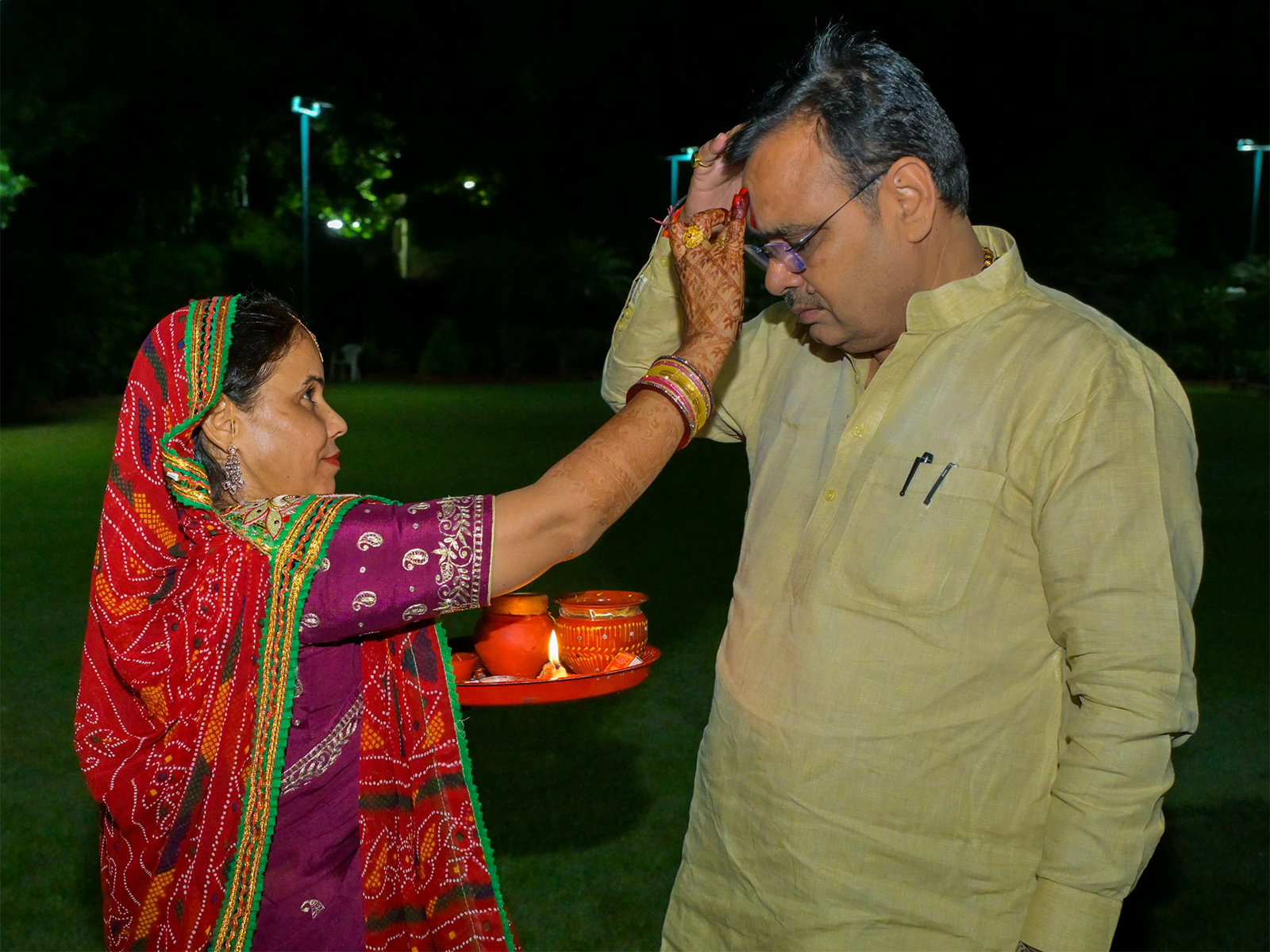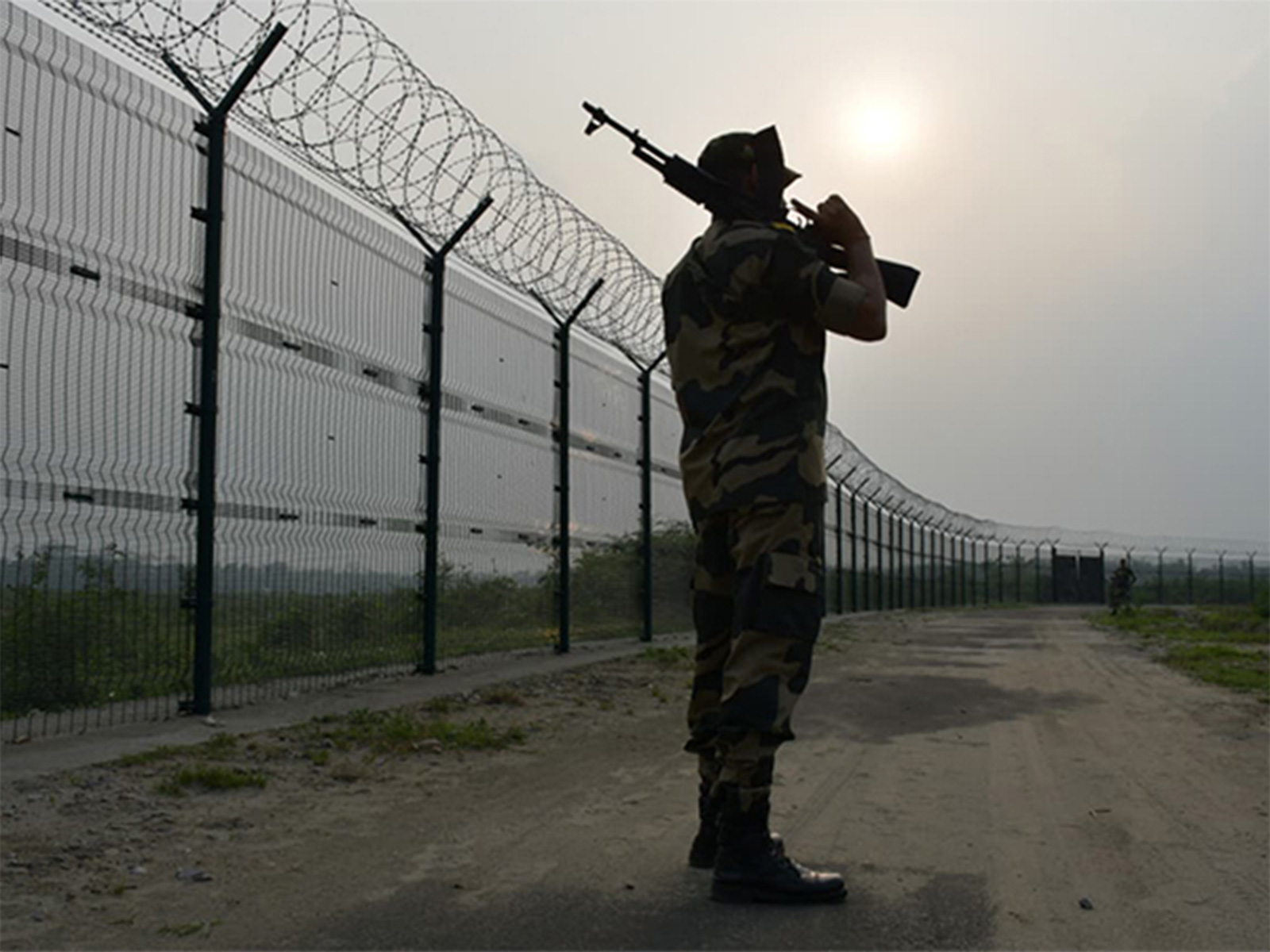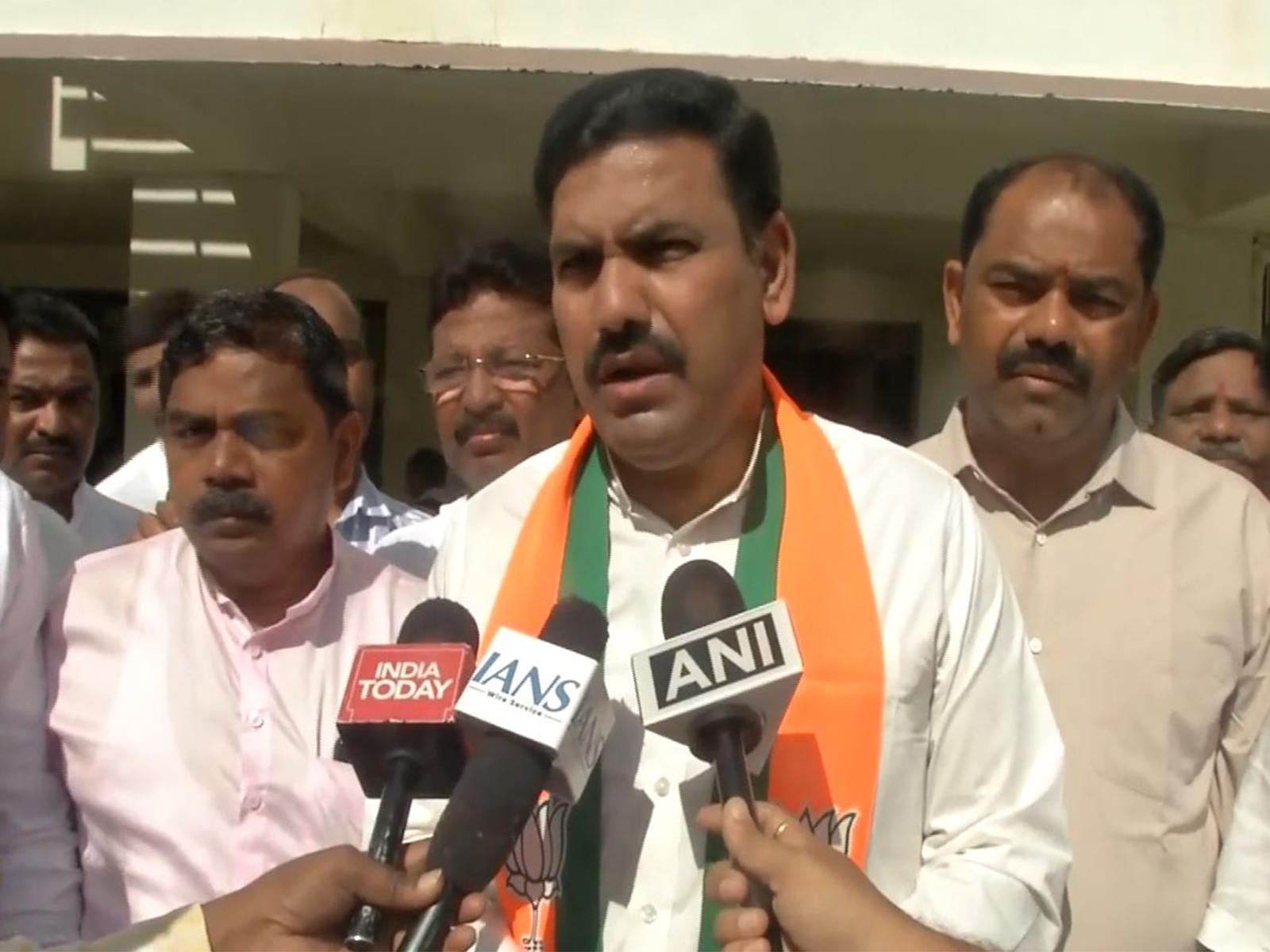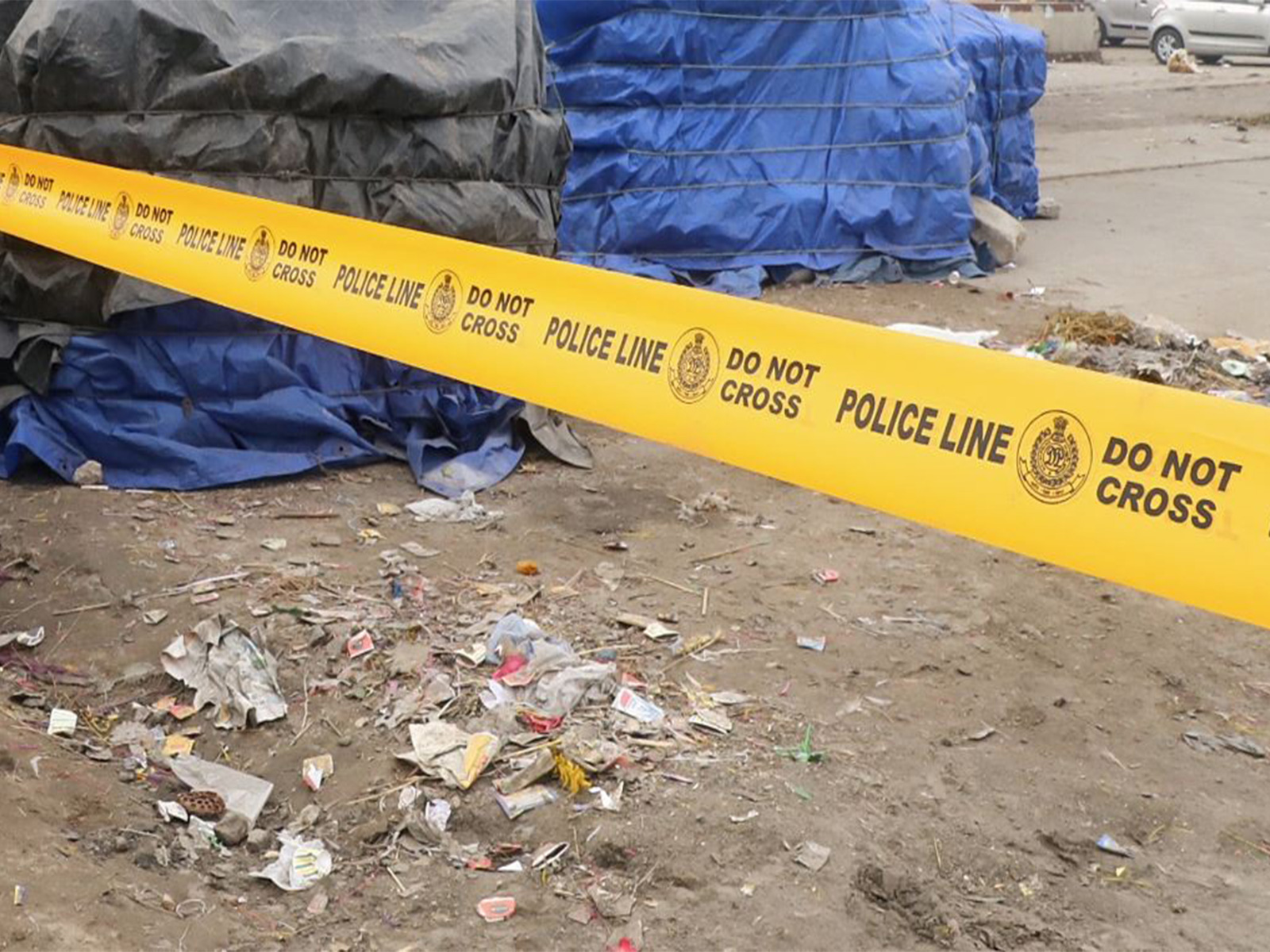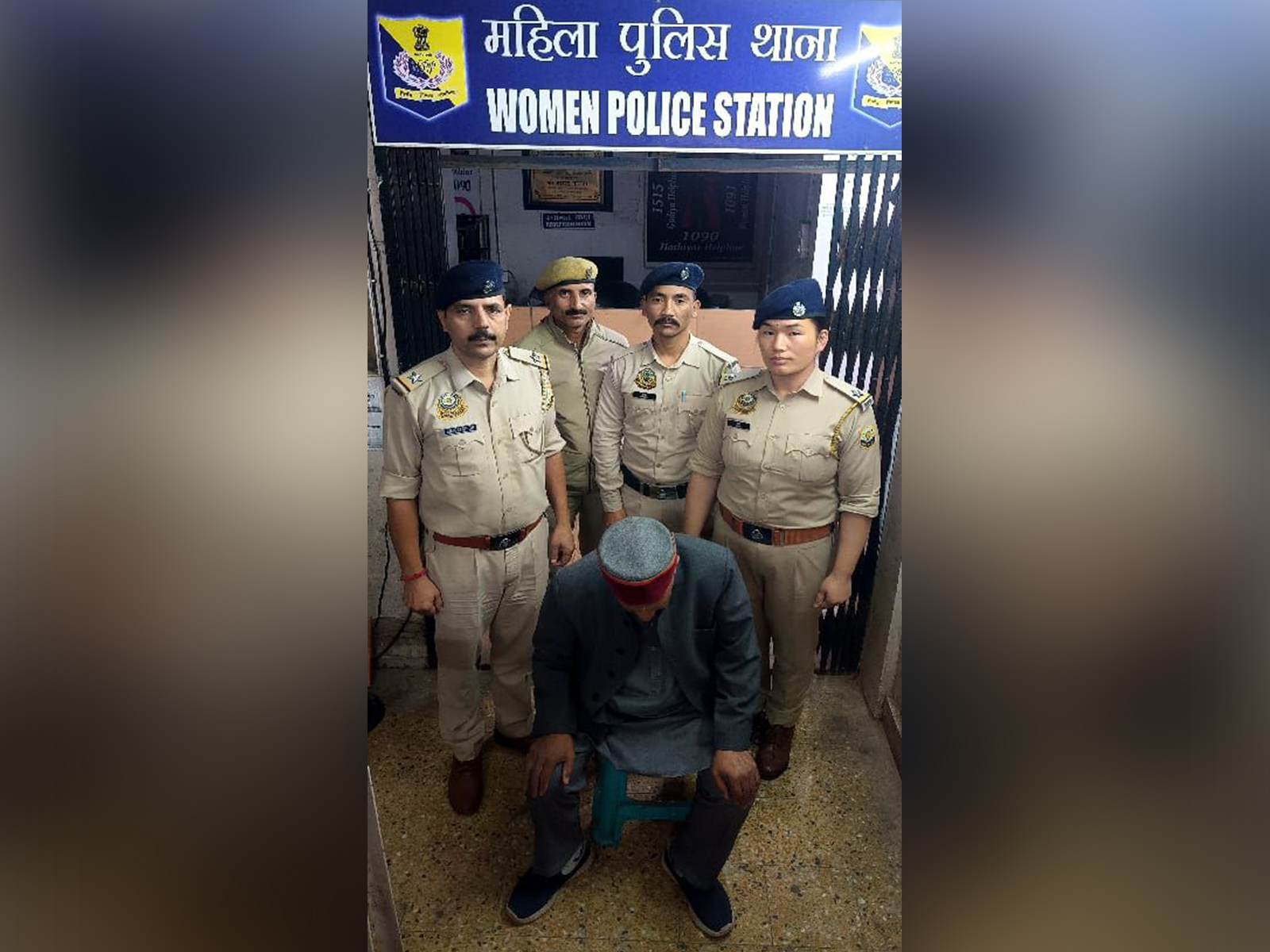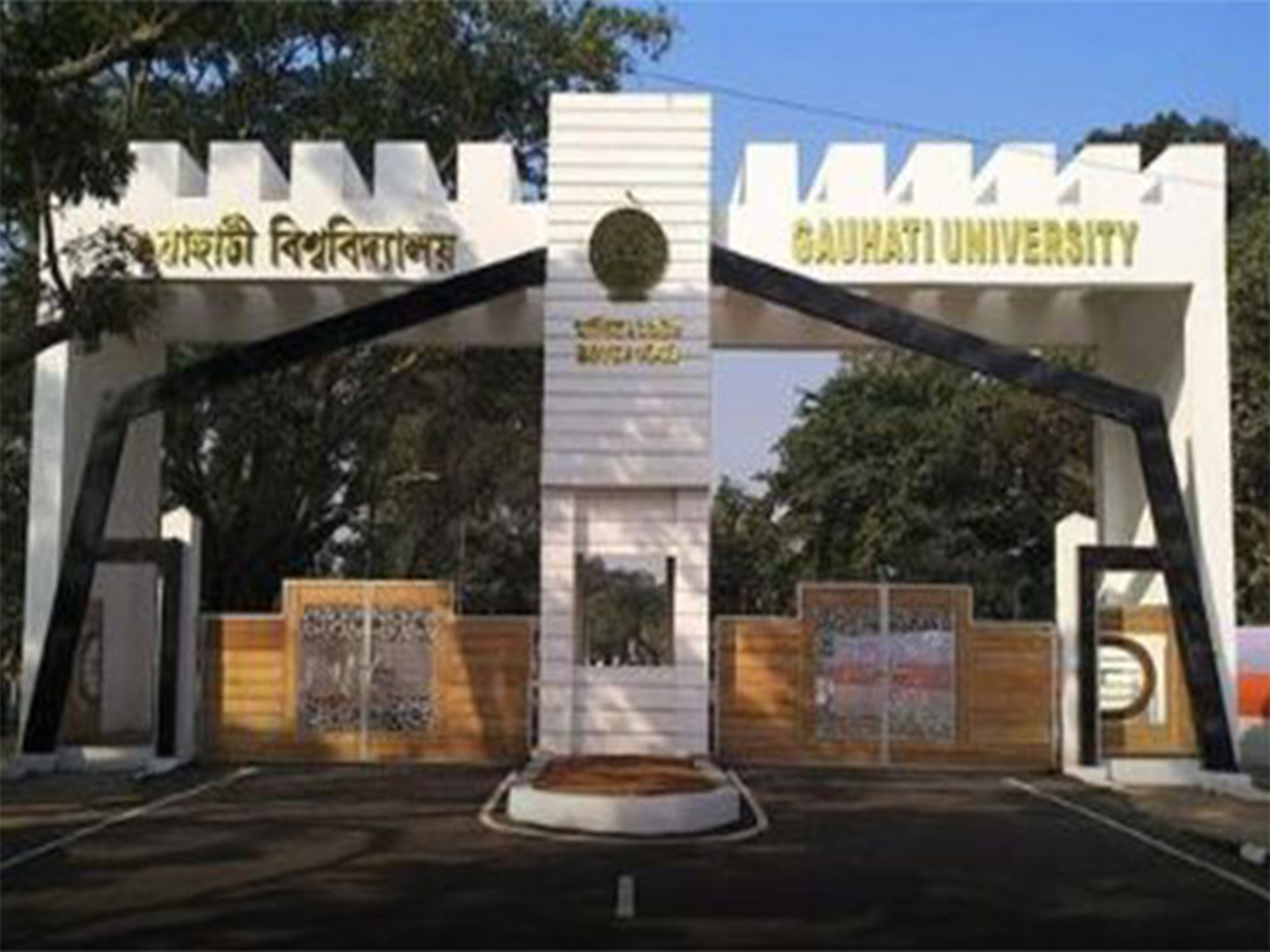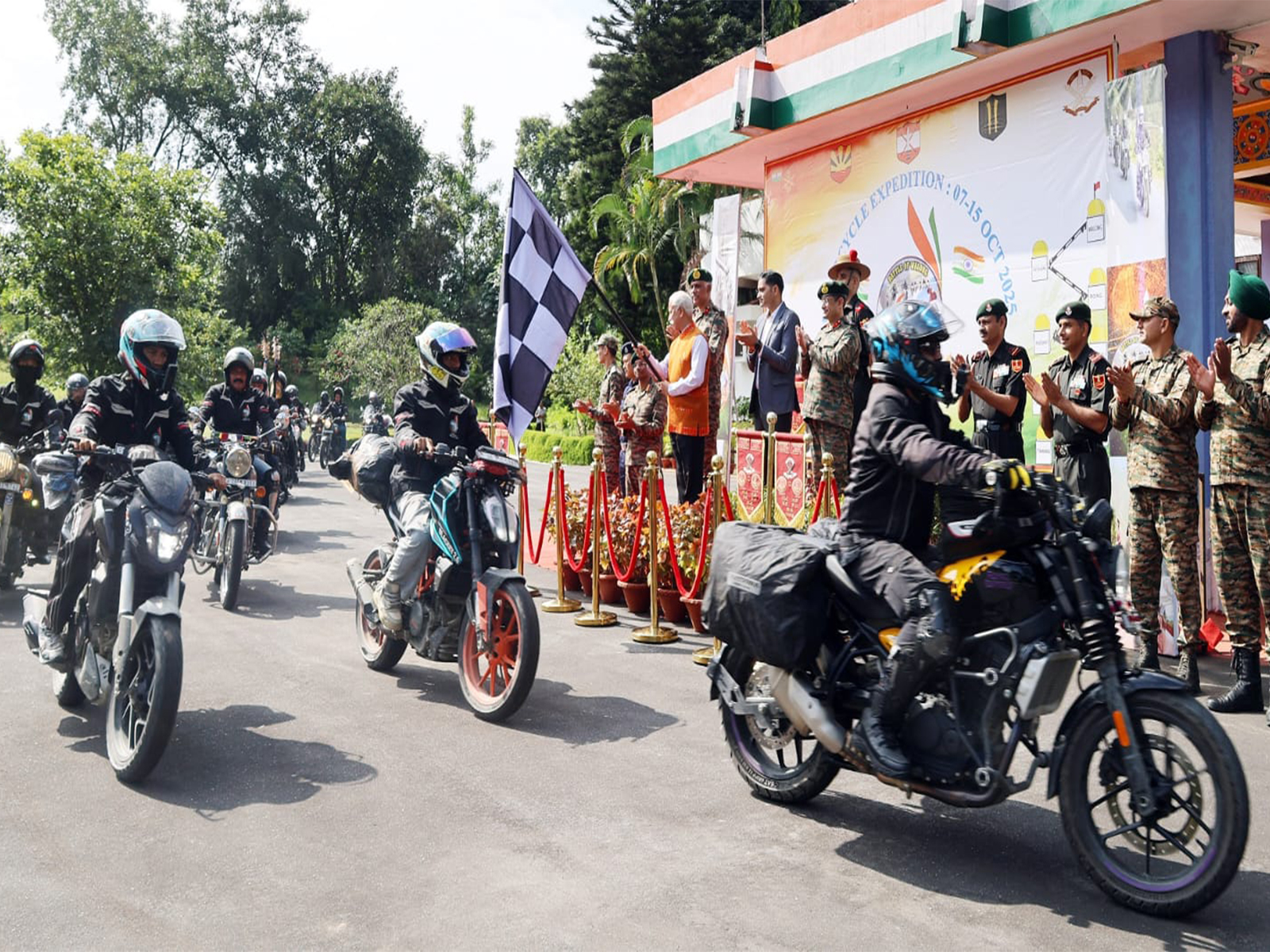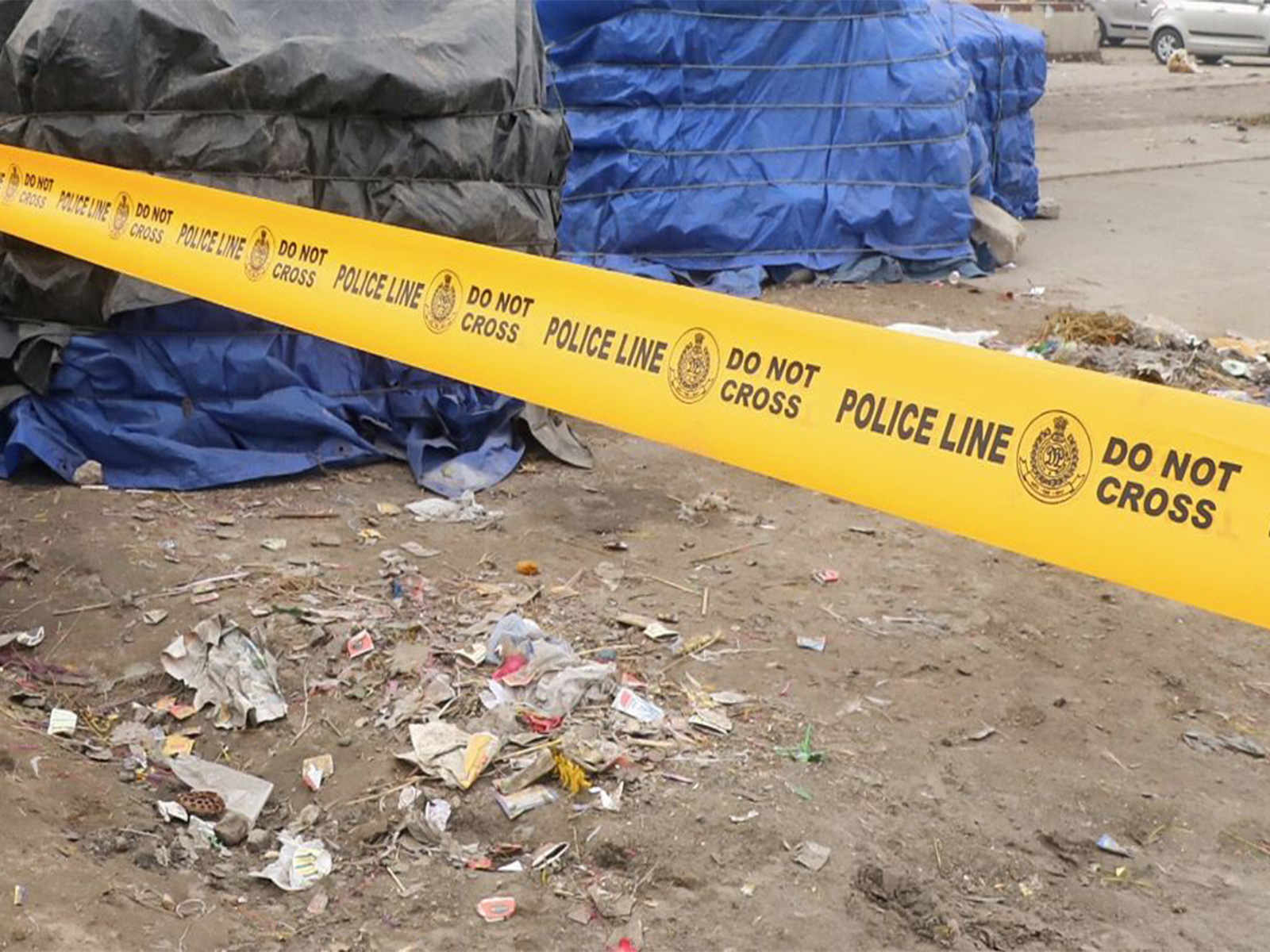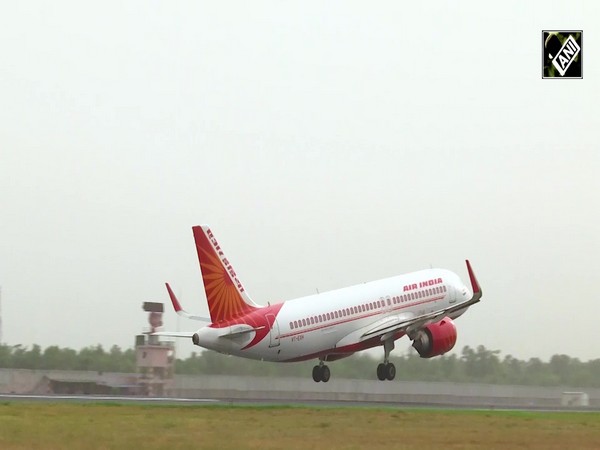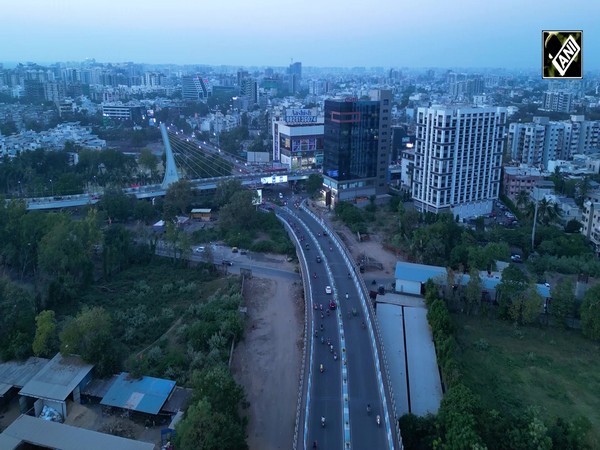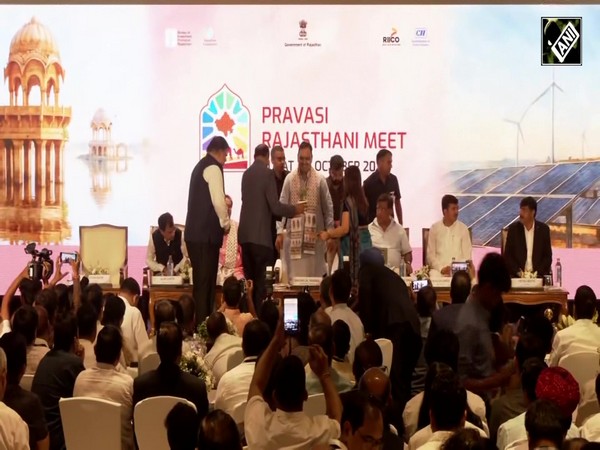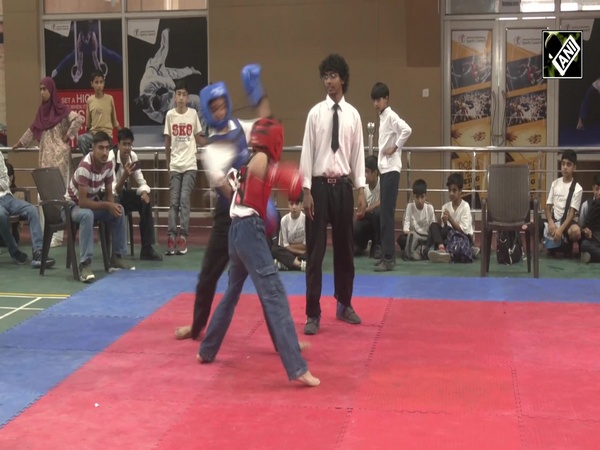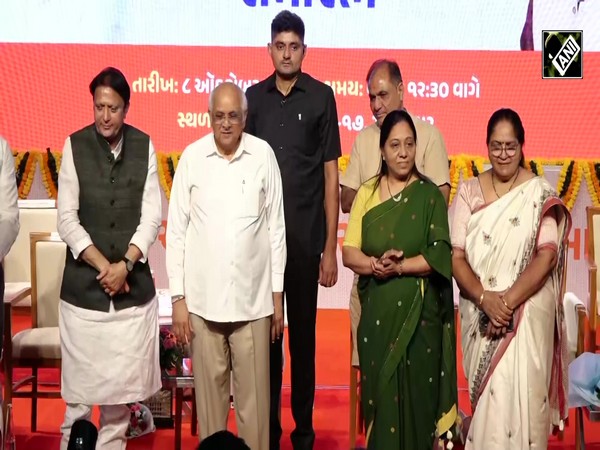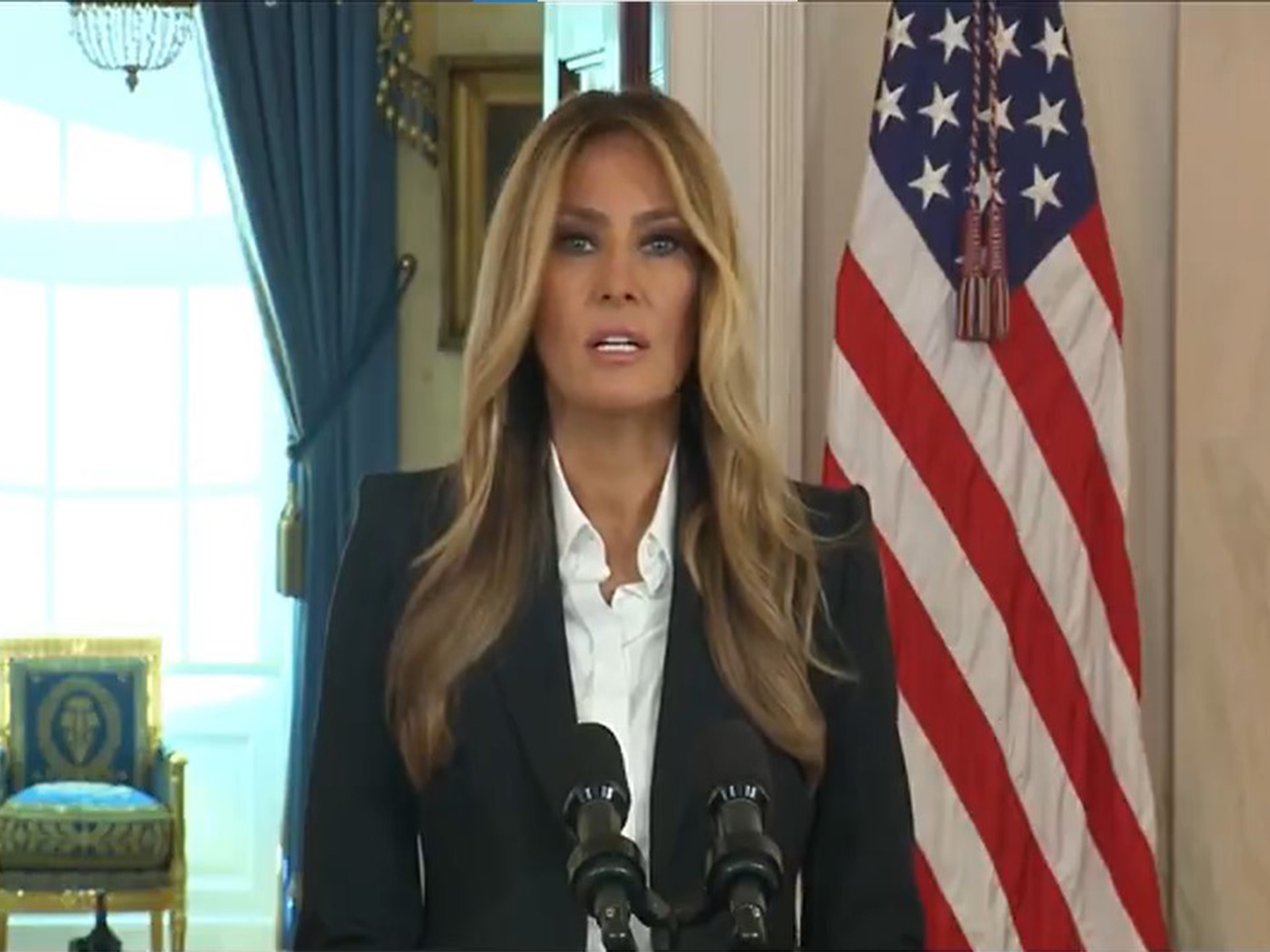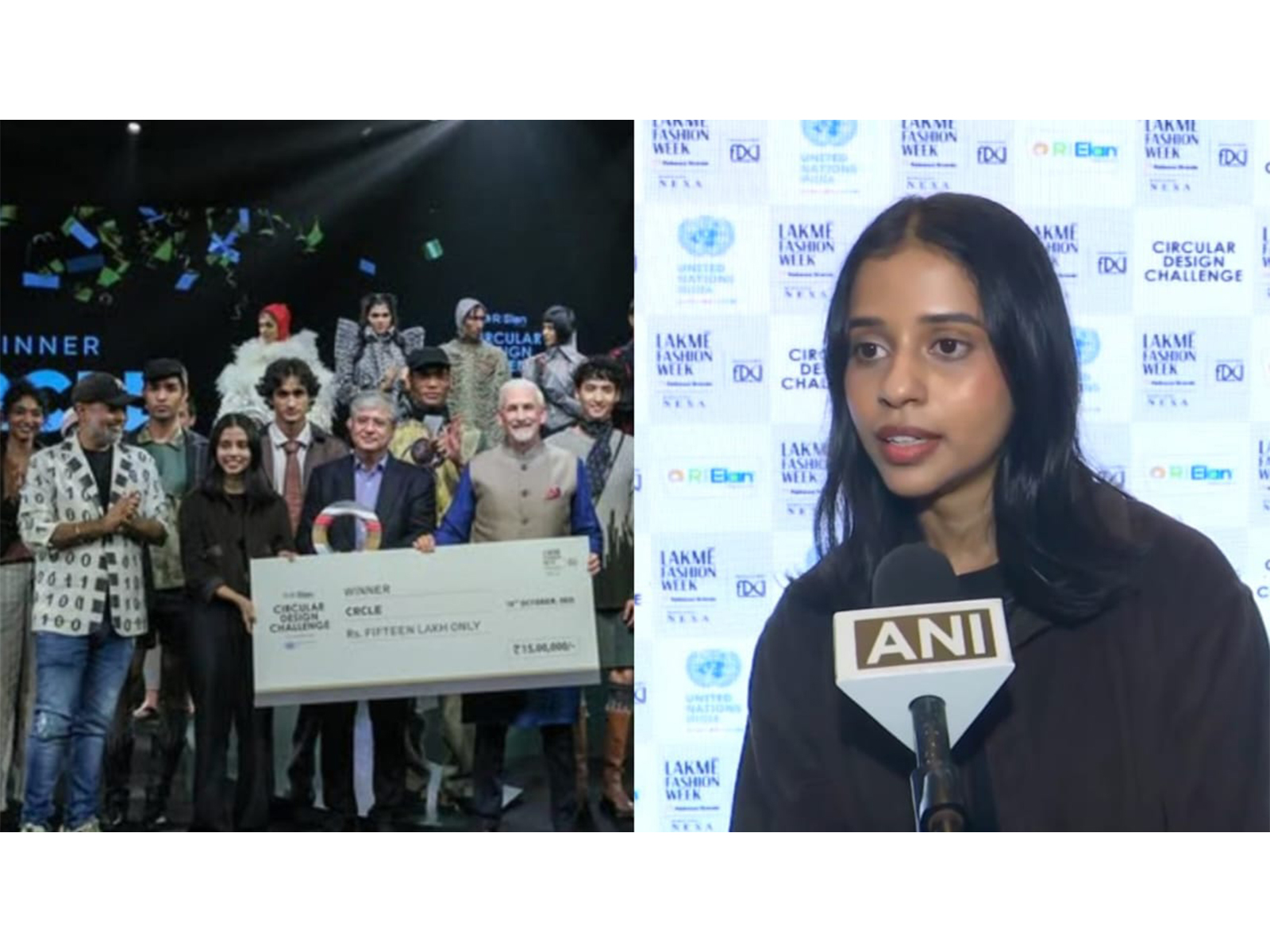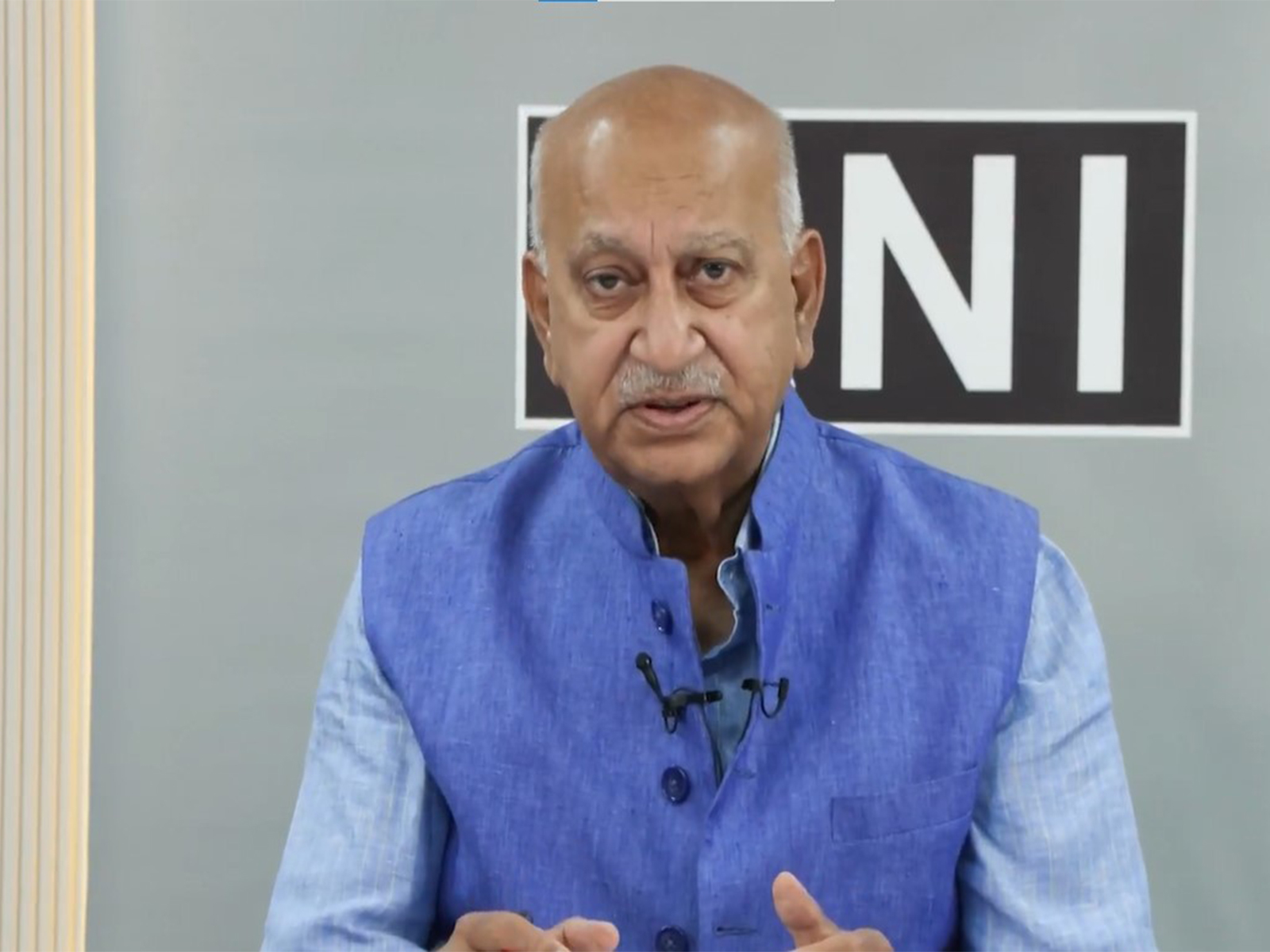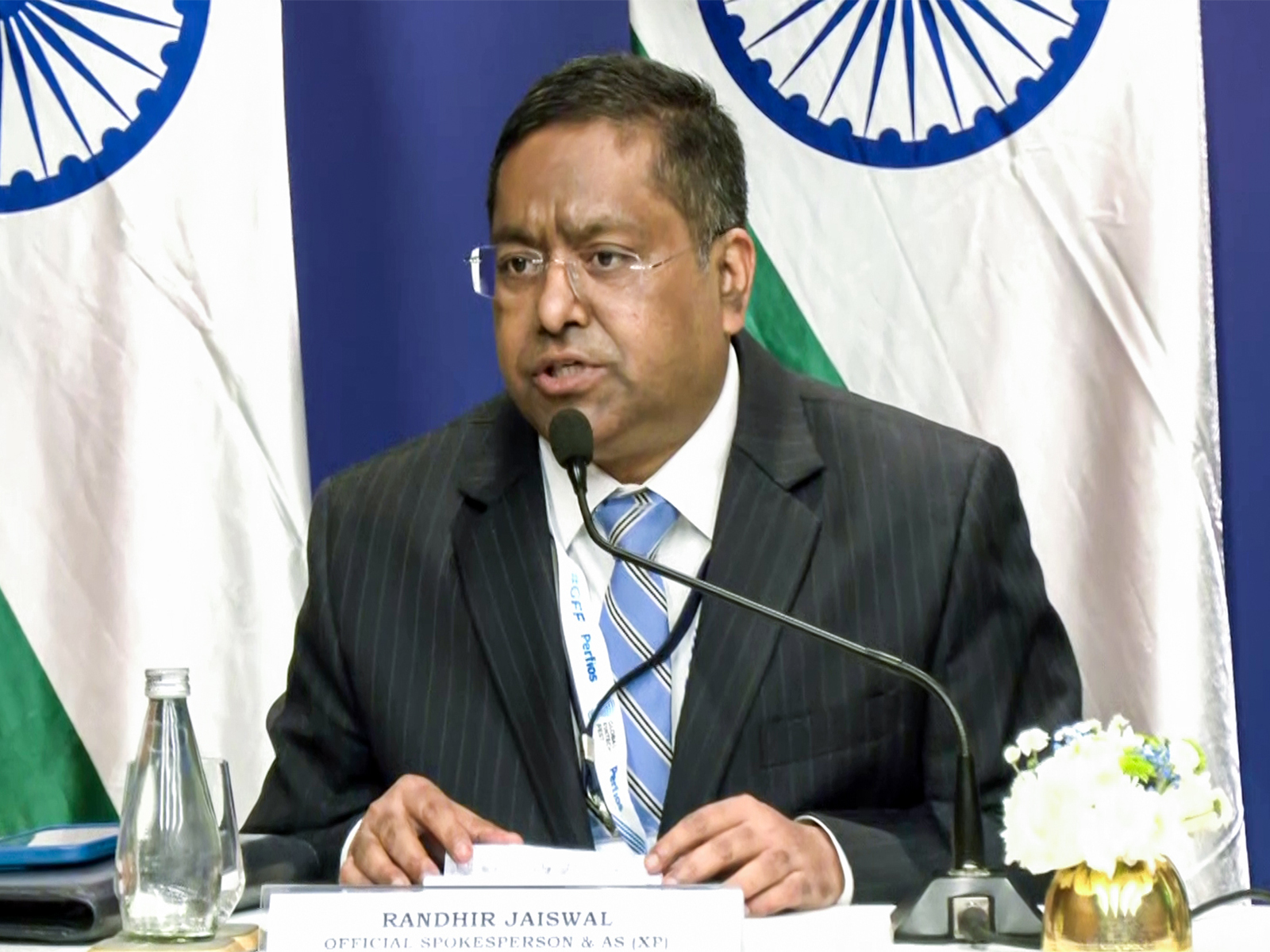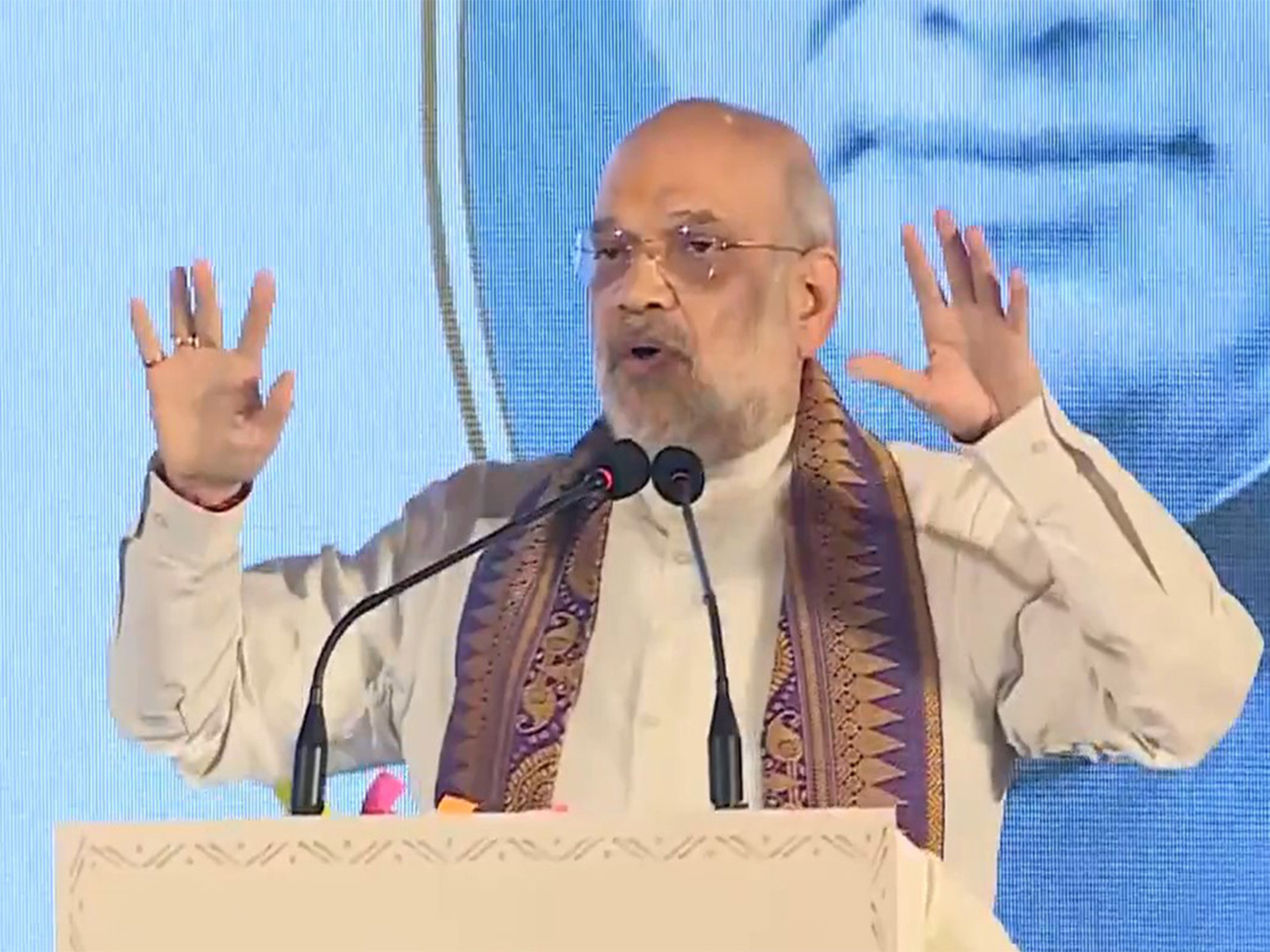
"Hindus of Pakistan, Bangladesh have as much right to this land as me": Amit Shah
Oct 10, 2025
New Delhi [India], October 10 : Union Home Minister Amit Shah on Friday strongly asserted that "persecuted" Hindus from Pakistan and Bangladesh have as much right over the soil of India as any Indian citizen.
The Union Minister underscored the moral and civilisational bond that ties persecuted minorities in neighbouring countries to India.
"Everyone does not have the right to come here. Those who have faced injustice are welcome... Hindus of Pakistan and Bangladesh have as much right over the soil of this country as I have over it.(Jitna mera adhikar iss desh ki mitti par hai, utna hi adhikar Pakistan aur Bangladesh ke Hinduon ka iss desh ki mitti par hai)," Shah said addressing the 'Narendra Mohan Smriti Lecture' and 'Sahitya Srishti Samman' ceremony organised by Hindi daily Dainik Jagran here.
He said if everyone were allowed to come to our country, then it would turn into a "Dharamshala".
"They ask what the difference between a refugee and an infiltrator is. Those who come to India seeking refuge to save their religion are refugees -- Hindus, Buddhists, Sikhs and Christians. But those who come here without any religious persecution and enter illegally are infiltrators. If everyone is allowed to come, our country will turn into a 'Dharamshala'," Shah added.
Shah cited demographic data from multiple censuses to highlight how infiltration has altered the population balance over decades.
"Today, infiltration, demographic change, and democracy; I want to say without hesitation that until every Indian understands these three issues, we cannot ensure our country, our culture, our languages, and our independence. These three topics are interconnected..." Shah said.
"Censuses were conducted in 1951, 1971, 1991, and 2011... In the 1951 census, Hindus constituted 84 per cent, while Muslims constituted 9.8 per cent. In 1971, Hindus constituted 82 per cent and the Muslim population was 11 per cent, while in 1991, Hindus constituted 81 per cent and the Muslim community accounted for 12.12 per cent, while in 1991, we accounted for 89 per cent, and Muslims accounted for 14.2 oer cent. I'm talking about the populations of only two religions because I want to talk about infiltration..." he explained.
The Home Minister also recalled a conversation with an 18-year-old from Haryana who suggested allowing everyone to return with the land they took during partition.
"An 18-year-old from Haryana came to meet me, and he said that everyone from all religions should be welcomed if they come back with the land they took (during partition)... I told him that it was not possible, at least not now... Refugees and infiltrators cannot be kept on the same page..." Shah added.
Defending the Citizenship (Amendment) Act (CAA), the Home Minister reiterated that the "law does not take away anyone's citizenship".
"When the BJP won an absolute majority, Narendra Modi became Prime Minister, we introduced the CAA and worked to grant citizenship to them. It was widely publicised that the CAA would snatch the citizenship of Muslims...The CAA is a program for granting citizenship. None of the provisions of that Act provides for the removal of citizenship from anyone...There is a provision for granting citizenship to anyone who is a refugee. So, the Narendra Modi government, in addressing the historical mistake that occurred from 1951 to 2014, first issued long-term visas to Hindu refugees living here, issued certificates and later introduced a law granting them citizenship...," he said.
He further added that the Modi government corrected a historical injustice committed between 1951 and 2014 by granting citizenship rights to displaced Hindu families who had lived in India for generations without access to basic entitlements.
"For generations, they (displaced Hindus) couldn't buy a house in their own name. They couldn't get government jobs and rations. They weren't treated in government hospitals... The decision to partition based on religion was made by the Congress Working Committee, not by the Parliament. Because of that, these people continued to be oppressed for four generations... Don't they have the right to cheap rations available to the poor, to treatment worth up to Rs 5 lakh, voting, and property purchases? When this (CAA) law was introduced, it was unfairly maligned and even protested against..." Shah said.
